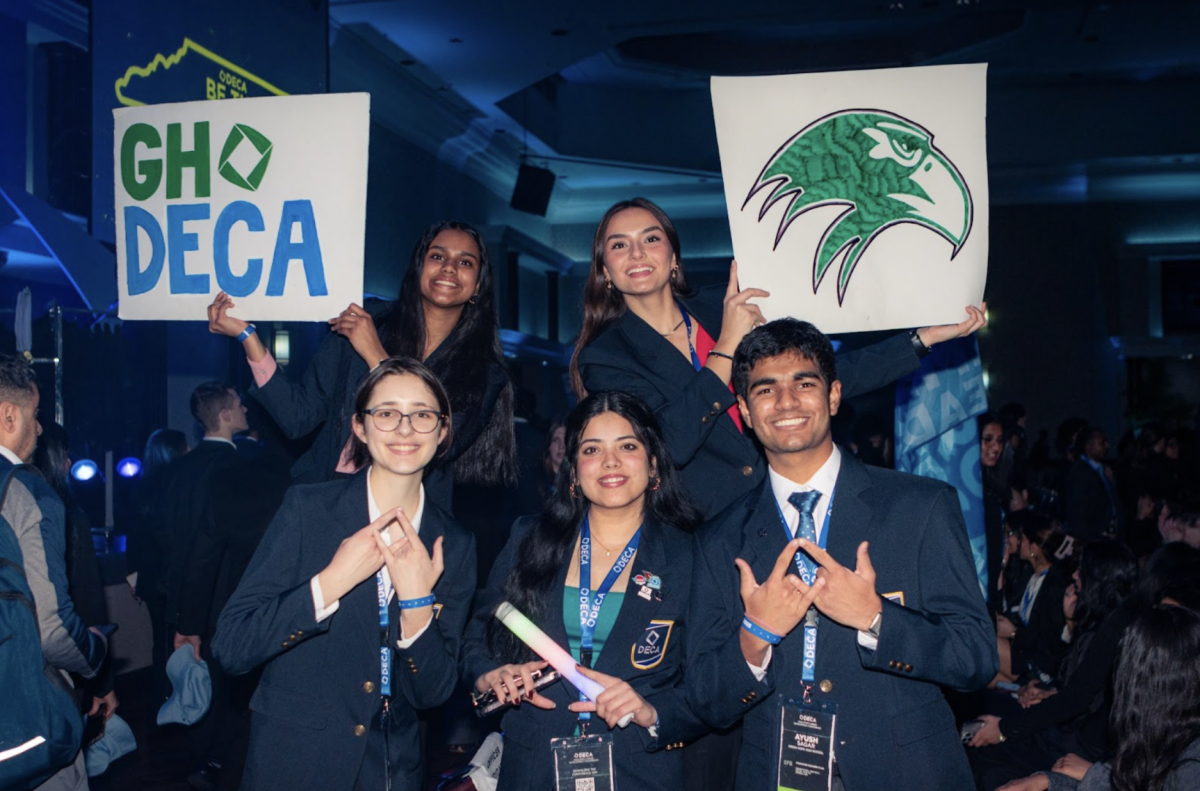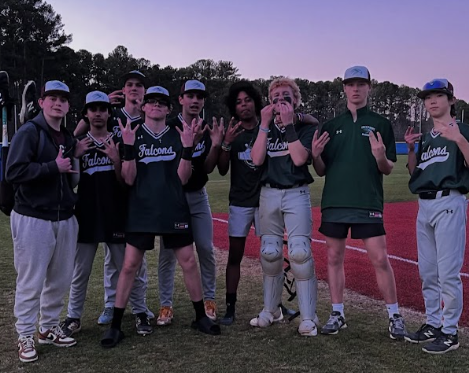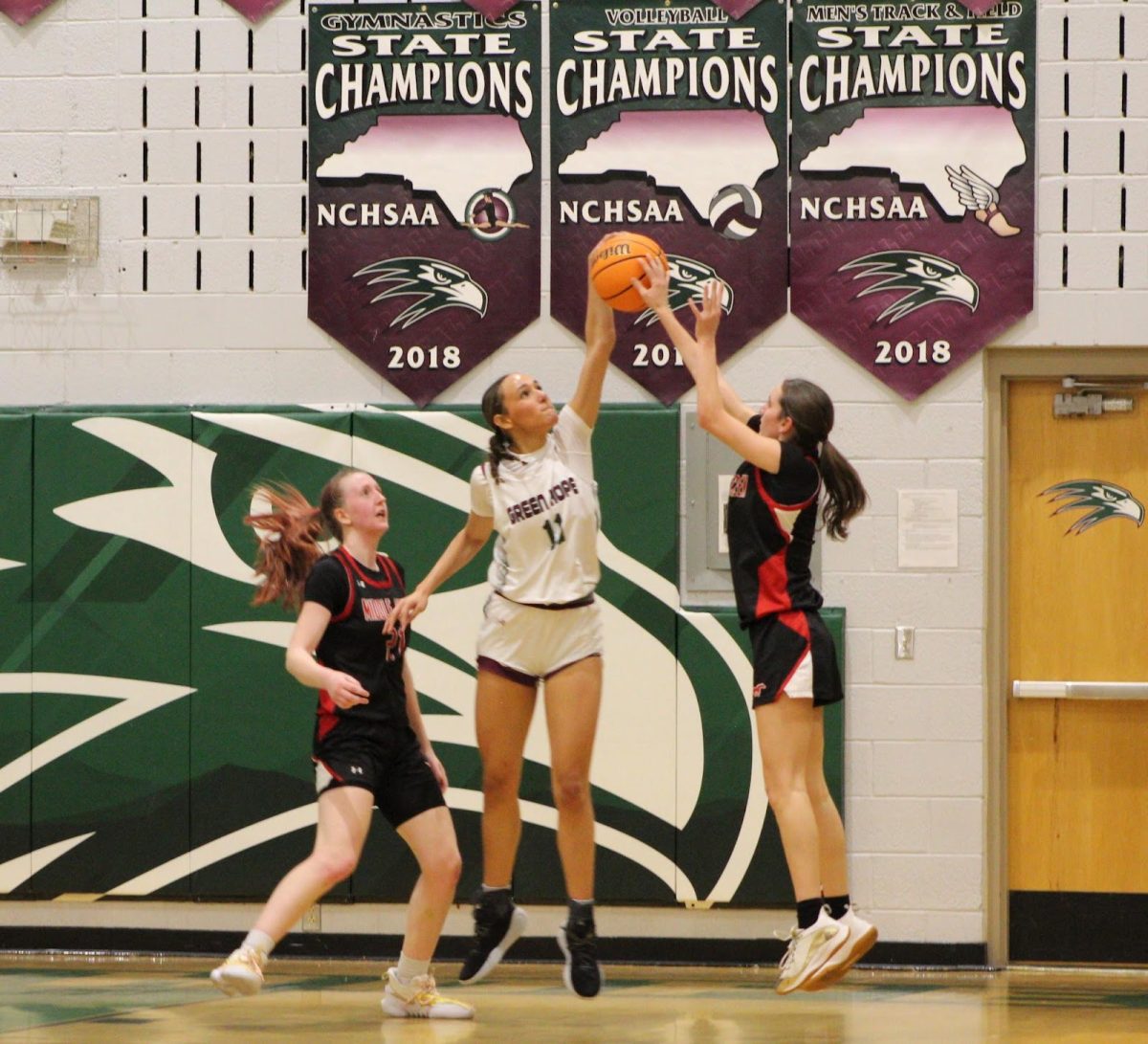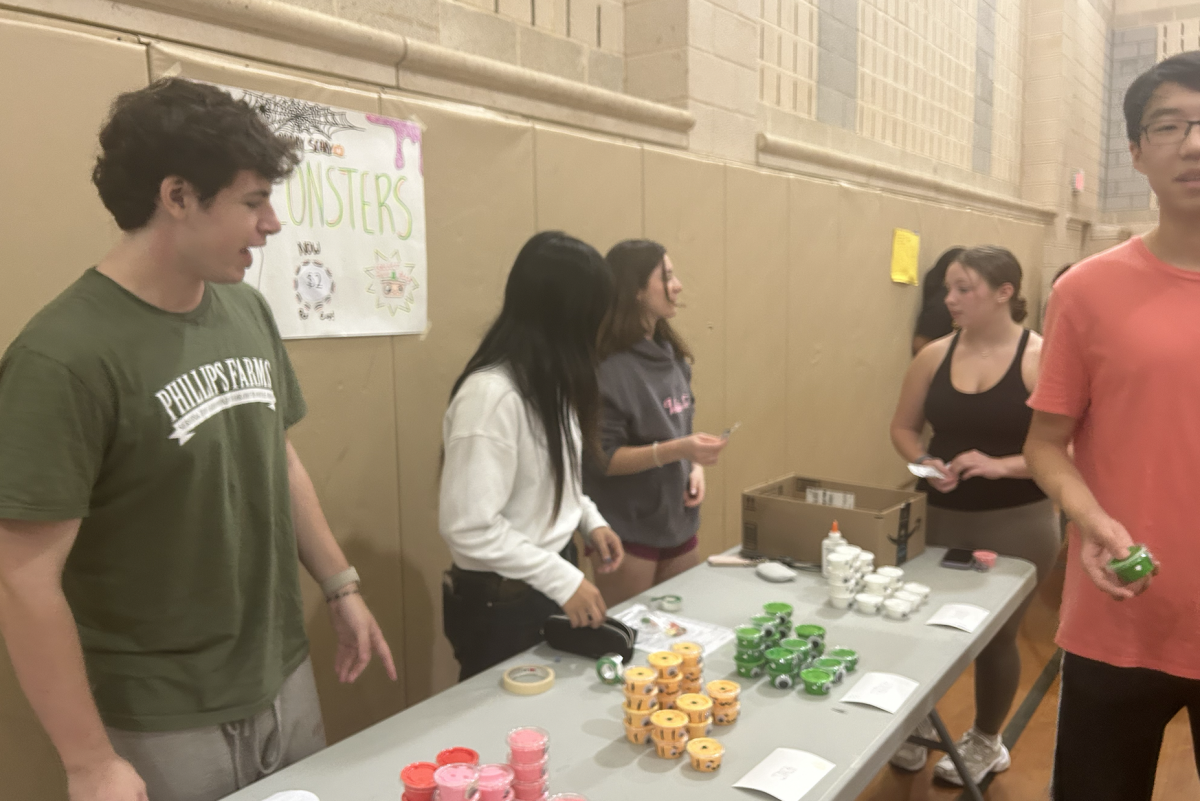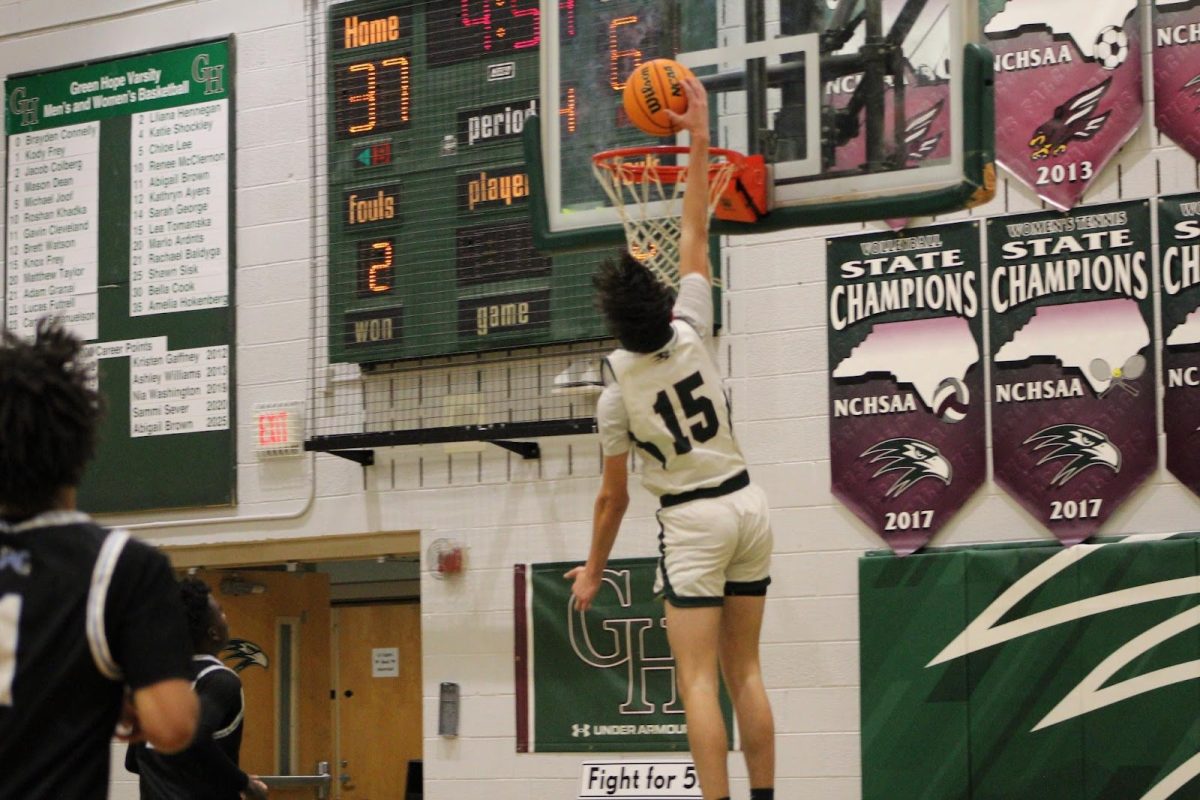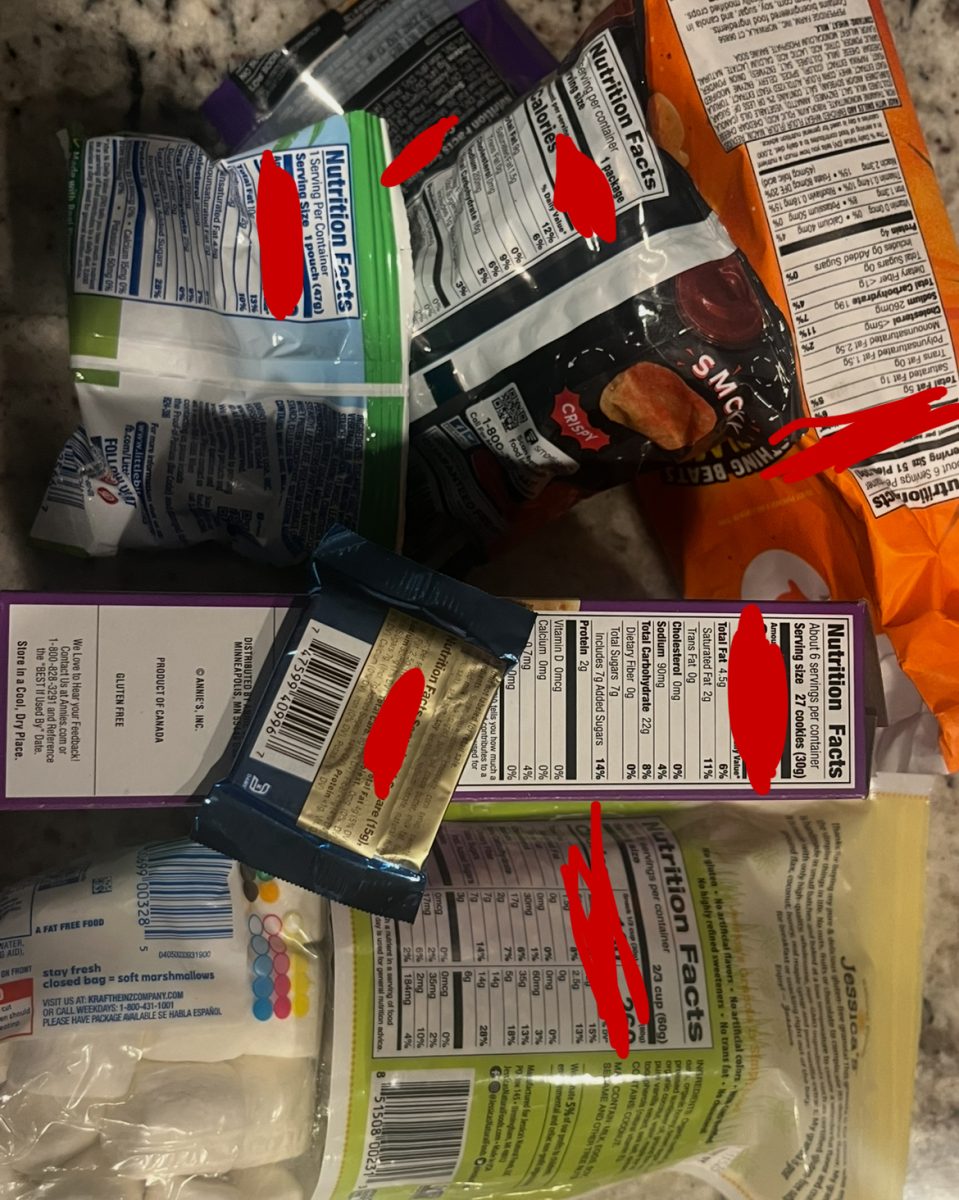In 1952, Rupert Murdoch started an empire.
The then-21-year-old media tycoon acquired The News, a small newspaper outlet covering Greater Adelaide. Eventually, he turned a local community outlet into a powerful asset and merged with local competitors. His first endeavor outside Australia started with the purchase of The Dominion, a morning daily paper in Wellington, New Zealand. Today, he owns news and publishing groups along the names of Fox Television, 20th Century Fox, Wall Street Journal and HarperCollins.
His collection of private media companies affords him the privilege of dodging mainstream media coverage, but if you look enough, traces of his legacy – and the legacy that his family built – are implicit in modern-day media. Take, for instance, the four-season HBO series Succession. It’s a show that takes viewers into the savage world of an international media conglomerate family: one with a back-seat role in far-reaching influence, and far too little coverage for proper accountability. Rupert Murdoch was, in fact, the influence behind the show and its patriarchal lead, Logan Roy. The legions of fans, however, don’t seem entirely cognizant to the origins of its entertaining tale.
Murdoch’s buying out of numerous corporations has insulated him from the dangers of news media. It’s a stretch to call it a true “danger” to the American people, but consistent and unbiased reporting is a function essential to checking the powers that the ultra-rich hold in America – and more so around the world.
In fact, U.S. media consumers have free liberty – more so than most do in the rest of the world – and those who live in more impoverished areas are not so lucky to call themselves relatively unimpacted by this power imbalance as Americans. In censorship-heavy countries such as China or Russia, it wouldn’t be far to call the messages that media outlets push “brainwashing” – these utilitarian governments have created a hush-up culture that shuts out any trace of protest or dissenting opinion: people disappear, and no one questions it.
In 2022, China was the country that imprisoned the largest number of journalists – over 100 – according to a press freedom group. The country also operates an extensive state media network that ranks second to last in the world, only in front of its neighbor, North Korea. Other instances of China’s overwhelming exercise of power include its persecution of journalists on charges of spying and vague accusations. For instance, Harvard fellow and journalist Dong Yuyu faced espionage charges and was detained in April 2022 while meeting with a Japanese diplomat at a restaurant. In 2023, Chinese-Australian journalist Cheng Lei was detained on national security charges, and after she was released in October, told ABC News program 7.30 that she was exposed to a “sophisticated form of torture” during her imprisonment.
Russia is following its southern neighbor with new censorship extremes introduced since the onset of the Ukrainian war, in hopes of swaying public favorability of the conflict. Through threats of persecution and intimidation, many independent news outlets in the company are shutting down – and it isn’t just smaller publications. BBC announced that it suspended all of its operations in Russia, depriving audiences of critical reporting as tensions further escalated.
In countries with lower GDPs, the editorial freedom that the press retains is even further eroded, if it exists at all. Journalism costs money to hire reporters, maintain website domains and cover media equipment, and such countries can dictate the primary players in the media whom citizens hear from. This is a powerful tool the sway positive public perception of oppressive leaders and keep them in their positions of power.
With the overwhelming control that power players have to trump independent media, it’s a surprise that the media can sustain its role in keeping power in check at all. Even so, independent newsrooms play a critical role in this balance. Hyperlocal news networks are critical to carrying news that large outlets don’t deem worthy of picking up – but ask any up-and-coming journalist, and few would eagerly jump at the prospect of employment in such a sector, simply because, large outlets pay better.
Large outlets also tend to be owned by billionaires and millionaires with less-than-good intentions.
It’s also easy to single out Murdoch as a sole exemplar of this toxic behavior due to the sheer weight of the extent of his media ownership, but he is far from the only one complacent in these self-reinforcing behaviors. A slew of other well-known and well-hidden figures from the public eye have also managed to amass entire empires of media ownership. Donald Newhouse inherited Advance Publications from his father, businessman Samuel Newhouse, owning Condé Nast, a mass media company that houses publications like Wired, Vanity Fair, The New Yorker and Vogue.
However, an unexpected contender has entered the field: social media. For many, TikTok, X (formerly Twitter) and Instagram have started to turn the tide on the once ever-looming presence of media giants. Serving as a breeding ground for bona fide, niche-beat reporters and iPhone-wielding videographers, the world of indie journalism is surprisingly refreshing – indeed, nepotism and groveling will get you nowhere with gritty passion and solid storytelling. These platforms – although coming with their own issues of corporate sponsorships – is a clever method to bring under-discussed corporate giants to the public view.
It also comes with the advantage of taking less time. Normally, a documentary or investigative story would take weeks, if not months, to find sources, fact-check and edit. With the recent popularity of homemade media, polished products are not the rave – fast ones are. Although this can quickly proliferate into an issue of media clickbait frenzies, it is also a source of the “on the grounds” reporting that traditional journalism can’t quite keep up with in terms of timeliness. Anyone, anywhere can film a video or record an audio clip, and that anyone at anywhere may just be capturing the next big story.
Still, “big media” stands its ground to the threats of the digital age. Another way to frame it, though, is to notice the extent to which conglomerates and tycoons attempt to keep themselves out of the media as a testament to the power of reportage: an individual may never stand a chance against domineering influences, but an entire population certainly can. Local journalism entails more than neighborhood gossip, and by properly funding local news collectives, a lot of community building and conservation sparking stands to occur. Lively independent and local media operates similarly as the Locavore movement does with food: by decentralizing media from corporate clutches, more resilient, present and complete coverage of what is happening in communities is created.
However, not all hope is lost. A Chicago organization named the MacArthur Foundation is leading a initiative entitled “Press Forward”, seeking to develop news systems and fund outlets facing financial constraints. In an announcement on Sept. 7, 2023, 20 charities called attention to the development of “news deserts” – areas without reliable local news coverage. Various philanthropic sources pledged a combined $500 million to sustain and achieve these goals.
The question should be asked, however: how long until these fostered news outlets are also bought out? In the case that a recession or disaster were to rock the world – as the coronavirus pandemic did in 2020 – what then? Do these philanthropists continue to pledge funding for outlets that continually run into funding issues?
The issue lies in the goals of such allotments. Less funding should be given to supporting dying outlets and more attention and resources should be concentrated on creating economically sustainable news systems. If a news outlet can rely on a long-term, self-sustaining economic model that can resist the trenches and pitfalls of long-term economic decline, then that $500 million would be able to do much more than pay for the short lifetimes of existing media outlets – it would be able to insulate radical, groundbreaking coverage from media censorship and allow ethical and grassroots journalism to thrive.
Such a solution still lies a long way. Now, “corporate” media has more resources, more clout and more capital than the outlets it can afford to buyout, and until these practices are stalled, true sustainable journalism will never form. If it wasn’t clear enough previously, let it be stated here: there needs to be more conversations surrounding people like Rupert Murdoch, and his perpetuation of the issue of media ownership in America. If American society is so insistent on the democratic and patriotic values that guided its founding, why not liberate the press that speaks for all from the oppressive trenches of corporate control?
It’s a question that far too few ask themselves, yet will play a key role in what voices are heard in the future.

























